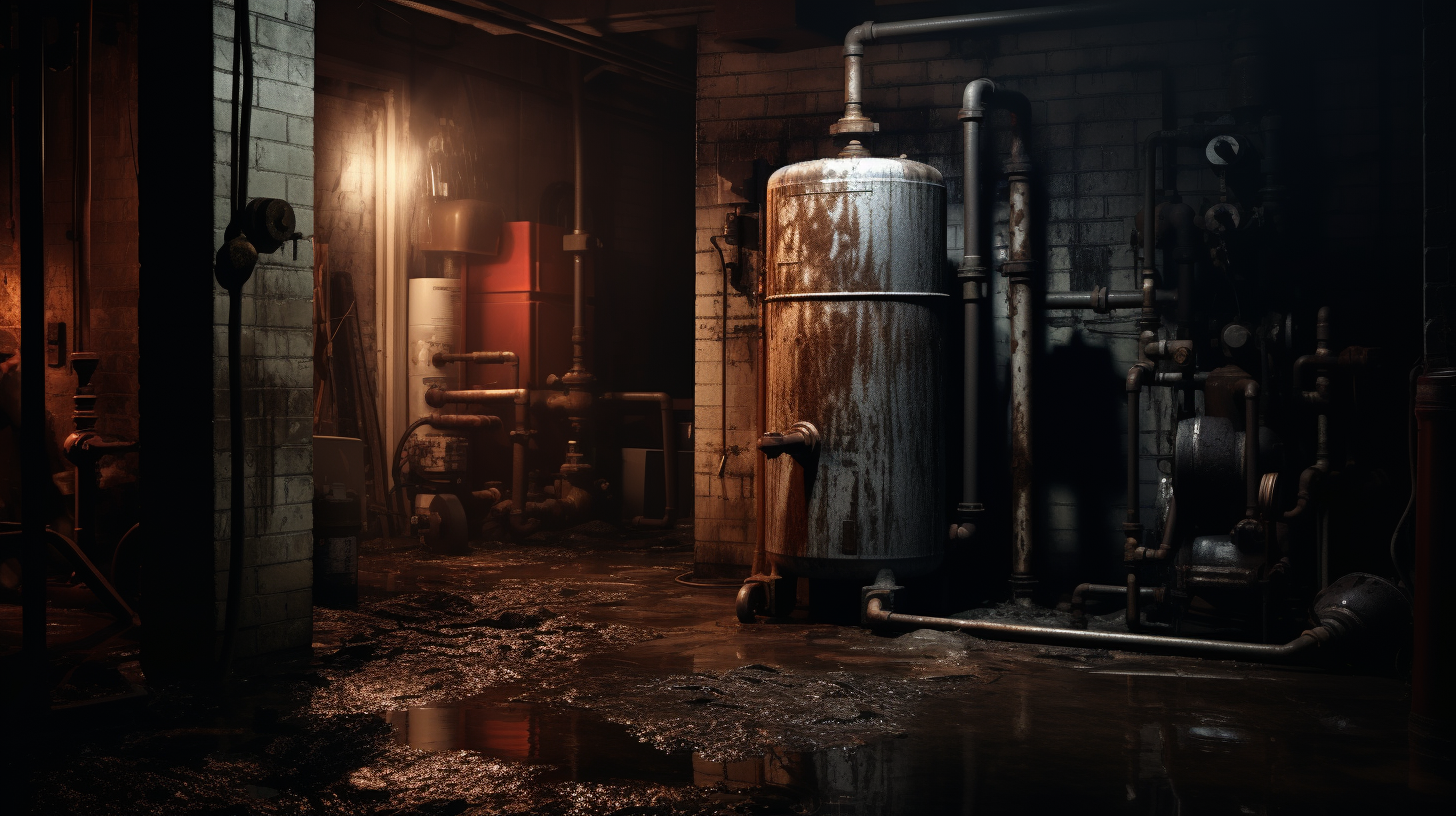Are you wondering if it's time to replace your residential water heater?
Well, it's important to assess its age and efficiency, evaluate its performance and safety, and determine the cost-effectiveness.
Don't forget to select the right type and size and hire a professional installation team.
In this article, we'll explore why you should consider replacing your water heater and help you make an informed decision.
Assessing the Age and Efficiency
When assessing the age and efficiency of your residential water heater, it's important to determine if it's still operating at optimal levels. Over time, water heaters can become less efficient, leading to higher energy costs and decreased performance.
One way to assess its age is by checking its warranty. Most water heaters have a lifespan of around 10-15 years, so if yours is nearing the end of its warranty, it may be a sign that replacement is necessary.
Additionally, consider the energy efficiency rating of your water heater. Newer models are often more efficient and can save you money on your monthly utility bills.
Evaluating the Performance and Safety
To evaluate the performance and safety of your residential water heater, you should regularly check for any signs of malfunction or potential hazards. Start by inspecting the physical condition of the heater. Look for any visible damage, such as cracks or leaks in the tank or connections. Check the pressure relief valve to ensure it's functioning properly and not leaking.
Test the temperature and pressure settings to make sure they're within the recommended range. Additionally, listen for any unusual noises coming from the heater, as this could indicate a problem with the heating elements or other components. It's also important to monitor the water temperature to prevent scalding.
Determining the Cost-Effectiveness
To determine the cost-effectiveness of replacing your residential water heater, consider factors such as energy efficiency, maintenance costs, and potential savings on utility bills.
Upgrading to a newer, more energy-efficient water heater can significantly reduce your energy consumption and lower your monthly utility bills. Newer models are designed to use less energy to heat water, which can result in substantial savings over time.
Additionally, older water heaters may require frequent repairs and maintenance, leading to increased costs. By replacing your outdated unit with a newer one, you can minimize maintenance expenses and enjoy a more reliable system.
Ultimately, when evaluating the cost-effectiveness of replacing your water heater, it's crucial to assess the potential long-term savings on energy consumption and maintenance costs.
Selecting the Right Type and Size
To ensure you choose the right type and size of water heater for your residential needs, it's important to consider factors such as your household's hot water usage and the available space for installation.
When selecting the type of water heater, you have options like storage tank, tankless, heat pump, and solar. Each type has its own advantages and disadvantages, so it's crucial to evaluate which one aligns with your preferences and budget.
Additionally, you need to determine the appropriate size of the water heater. This depends on factors such as the number of people in your household, the number of bathrooms, and the peak hot water demand. It's essential to choose a size that can meet your hot water needs efficiently without wasting energy or causing shortages.
Hiring a Professional Installation Team
Consider hiring a professional team to install your new residential water heater for a seamless and efficient replacement process. While it may be tempting to save money by attempting a DIY installation, there are several benefits to letting the experts handle the job.
Firstly, professional installers have the necessary knowledge and experience to ensure that your water heater is installed correctly. They're familiar with local building codes and safety regulations, reducing the risk of potential hazards.
Additionally, hiring professionals saves you time and effort. They have the necessary tools and equipment to complete the installation quickly and efficiently, minimizing any disruption to your daily routine.
Moreover, professional installation often comes with warranties and guarantees, providing you with peace of mind knowing that any potential issues will be addressed promptly and at no additional cost.
Conclusion
In conclusion, replacing your residential water heater is a smart decision. Assessing its age and efficiency, evaluating its performance and safety, and determining its cost-effectiveness are crucial factors to consider.
Additionally, selecting the right type and size and hiring a professional installation team ensure a seamless transition. By doing so, you can enjoy improved energy efficiency, lower utility bills, and a reliable supply of hot water for your household needs.

